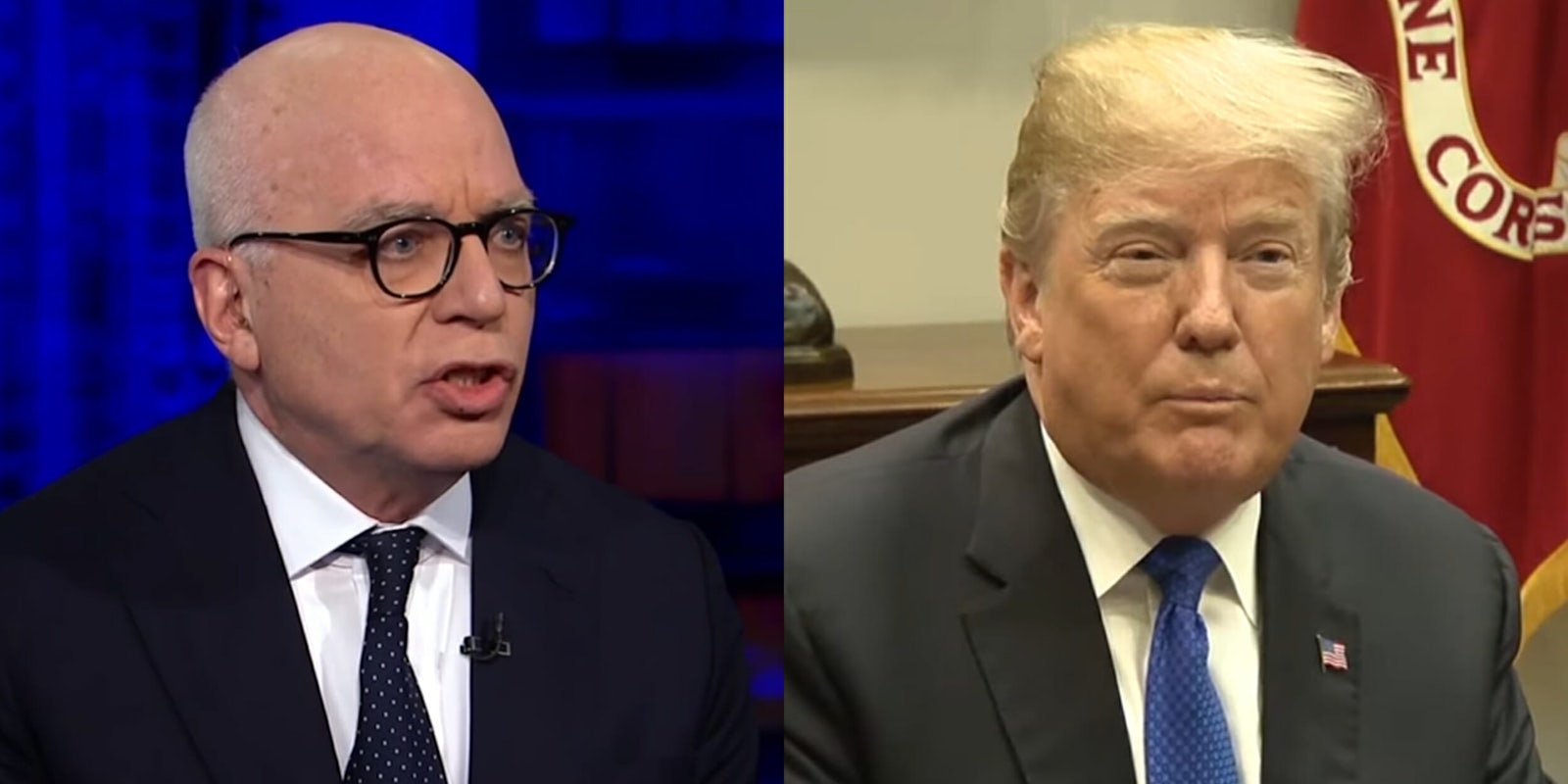The right thinks they’ve found a new way to discredit Fire and Fury, Michael Wolff’s explosive new book on the Trump administration, but there’s a fatal flaw in their argument.
The very first excerpt to be released from the book makes an astounding claim: Donald Trump didn’t want to actually be president.
News organizations jumped on the story, in part because it comports with a certain strain of left-leaning thinking that was prevalent in the run-up to the 2016 election.
But is it true? Well, if it is, notes some on the right, it exposes an apparent contradiction in the liberal narrative of the Trump presidency: If Donald Trump didn’t want to be president, why would he enlist Russia to help him win?
The thought exercise appears to have first been touted by conservative radio host Larry Elder several days ago.
Riddle me this. The new “bombshell” book claims candidate @realDonaldTrump never wanted to win, thought he would lose, even hoped he would lose. BUT, BUT, BUT, I THOUGHT TRUMP “COLLUDED” WITH RUSSIA TO WIN THE ELECTION?!?
— Larry Elder (@larryelder) January 5, 2018
It certainly seems like an online kill shot, one that it was quickly jumped on by many on Twitter.
https://twitter.com/JamesHasson20/status/949529855229677568
https://twitter.com/NolteNC/status/949304351515906048
So wait im confused. The line now is Trump was colluding with Russia —- because he wanted to lose all along?
— Jon Levine (@LevineJonathan) January 6, 2018
https://twitter.com/SusanMa41519356/status/950435884842803200
And now, it’s permeated its way all the way up to the upper echelon of conservative media sphere. Former Trump counselor Seb Gorka touted it first on Twitter, then in reiterated it in a piece Monday for the Hill about how Wolff’s book shouldn’t be believed.
[The] book is built upon assertions that go counter to all that we know about the president.’
The most obvious of these is that a man whose reputation for 50 years has been defined around the concept of winning, at everything he set out to do, had no intention of winning the election to the highest office in the land.
(An accusation that, ironically and critically, undermines an additional outrageous assertion that the book is being used to support, that there was in fact “collusion” between team Trump and the Russian government. What is the logic of conspiring with Moscow in an election, if you never intended to win?)
It’s being used as an almost flawless argument against the veracity of Wolff’s book. And it’s starting to see widespread acceptance.
Hours after Gorka’s article, Fox News host Jesse Watters cited it as proof the book is factually inaccurate.
The main point of the book was that he didn’t want to win. So if we didn’t want to win, why did he collude with the Russians to win? The whole thing doesn’t make sense.
But this logic is one that isn’t without a few flaws.
For starters—and the president will be swift to point this out—it’s reportedly members of his campaign that are being investigated for colluding with Russia. Trump’s lack of desire to win—if existent—didn’t necessarily prevent his staff from doing untoward actions to help his case.
But more importantly, if the claim is false, that argument does nothing to discredit the notion that he did collude to win. If he is someone who wanted to win the presidency—and as Gorka says, Trump defines himself by winning—then it’s perfectly plausible that Trump would do anything he could do to win, including collude with a foreign power, especially given the evidence at hand.
It’s an argument that on its face seems like a real winner, but it winds up with conservatives shooting themselves in the foot.


